About the DFG-Priority Programme
Organisational structure of the PP 2267
Working worlds are diverse, digitalisation has many faces and the dynamics of the transformation are contradictory and vary in terms of how far-reaching they are. The priority programme attempts to do justice to this heterogeneity in 15 funded projects and numerous associated projects. This complexity requires differing forms of collaboration and coordination.

Programme Committee
To ensure that common ground, substantial results and foundational research arise from this diversity in the interdisciplinary perspectives and projects, the entire process is orchestrated by a programme committee that is also interdisciplinary, with members who are experts in social sciences, business and economics, and history.
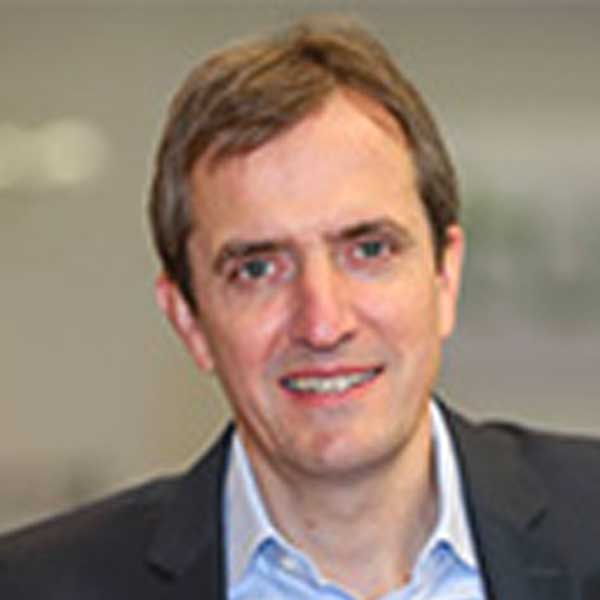
Prof. Dr. Michael Henke
Chair of Enterprise Logistics
Technische Universität Dortmund
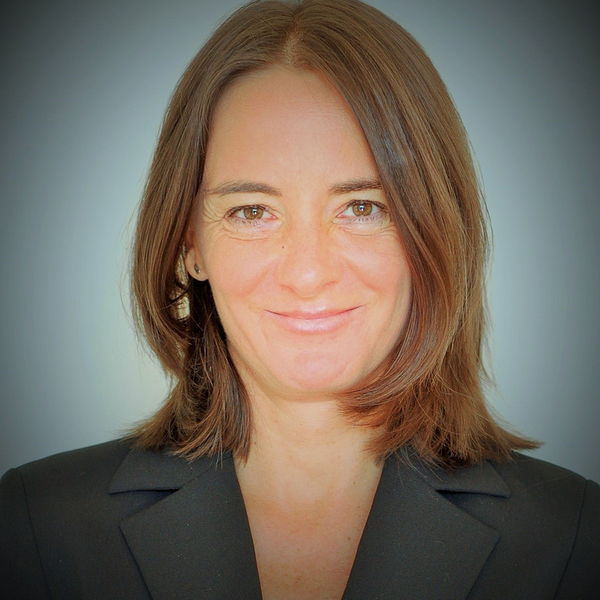
Prof. Dr. Martina Heßler
Chair History of Technology
TU Darmstadt
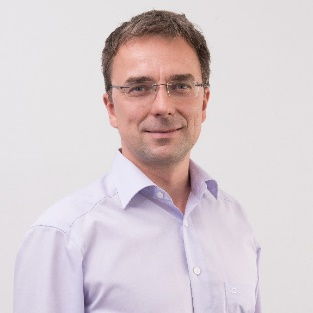
Prof. Dr. Martin Krzywdzinski
Head of the Research Group
"Globalization, Work, and Production"
WZB Berlin Social Science Center
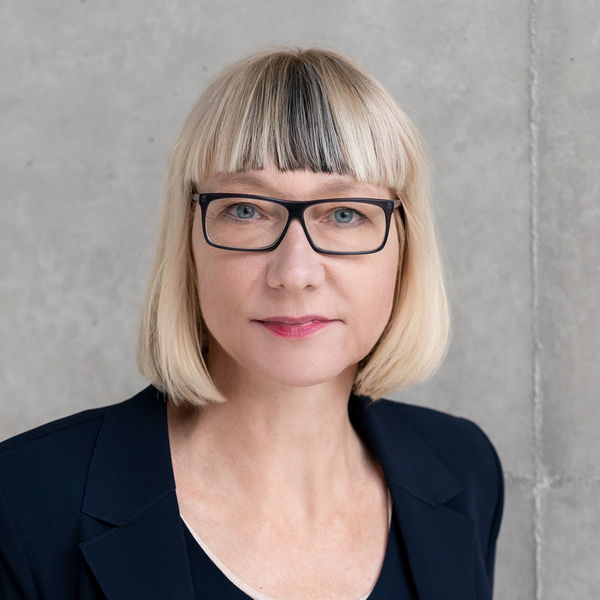
Prof. Dr. Sabine Pfeiffer
– Spokeswoman –
Department of Sociology (Technology—Labour—Society)
FAU Erlangen-Nürnberg
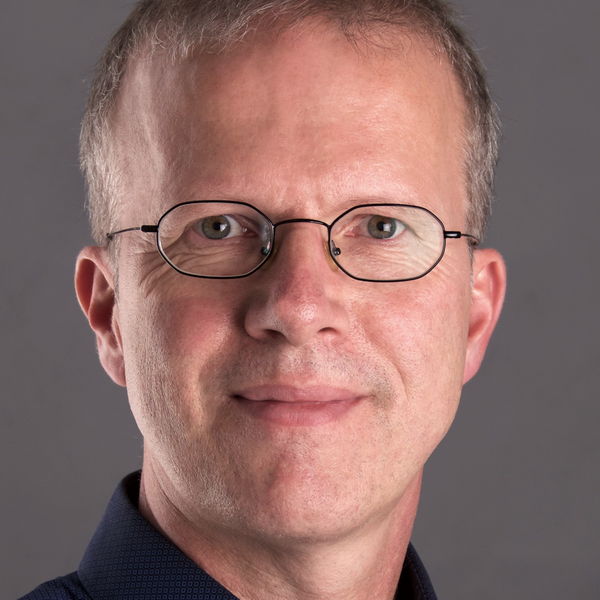
Prof. Dr. Ingo Schulz-Schaeffer
Sociology of Technology and Innovation
Technical University of Berlin
International Advisory Board
The appearance and transformation of work are influenced both by national institutional structures and laws as well as global dynamics. This also places demands on research into our own working worlds. For this reason, even in the initial application phase, the priority programme has been accompanied by an international advisory board made up of outstanding researchers in the participating disciplines. It not only introduces an international perspective into the programme’s discussions but also strengthens the priority programme’s international visibility.
- Thomas Berker (Professor in Science and Technology Studies – NTNU Trondheim)
- Ursula Huws (Professor of Labour and Globalisation – University of Hertfordshire)
- Juliet Schor (Professor of Sociology – Boston College)
- Judy Wajcman (Anthony Giddens Professor of Sociology – London School of Economics and Political Science)
- John Zysman (Professor em. for Political Sciences – University of California, Berkley)
Clusters
At the core lies the interdisciplinary cooperation of the individual projects in three thematic clusters:
- Labour Market – Inequality – Future
- Governance – Control – Autonomy
- Work – Workplace – Collaboration
In these clusters, the interdisciplinary perspectives and theories are discussed together with the empirical findings from various fields.
Coordination Project
The programme committee is supported by the coordination project at the Department of Sociology (Technology - Labour - Society) at Friedrich-Alexander Universität. The coordination project not only takes on organisational tasks, it also assists the priority programme in terms of content by working on a social-scientific analysis of the digital transformation of working worlds that is oriented on basic research. The coordination project serves to synthesise the perspectives in order to develop a holistic view of the digitalisation and transformation of working worlds.
Networks
Across the individual projects, the two networks Women and Young Science support network-building for furthering careers, interdisciplinary qualification and independently enhancing profiles. More info about the networks here ...
History
There have been numerous application-oriented research projects on the digitalisation of work for many years. A larger team—initially from the sociology of work, technology and organisation—began to think about an interdisciplinary and more basic research format on the digital transformation of work in 2016. This idea was gradually fleshed out in several meetings and the circle was quickly expanded to include expertise from economics and history.
In early summer 2018, the current programme committee of the priority programme invited to a roundtable discussion via a detailed call—with the aim of preparing a DFG priority. Out of well over 100 submitted short drafts, 30 were selected, and the submitters discussed and sharpened the project idea during a one-day exchange at WZB Berlin.
In 2018, the programme committee submitted a proposal (short version) to the DFG for the establishment of a priority programme on the topic of "Digitalization of Working Environments", which was approved in spring 2019. Following an information event with around 100 participants at FAU in Nuremberg in summer 2019 and a call in fall 2019, sixty applications were submitted.
From these sixty applications, an international jury selected 15 individual projects for funding in a first phase of the priority programme. Most of the individual projects started in the fall of 2020, and the kick-off of the priority programme took place in November 2020.